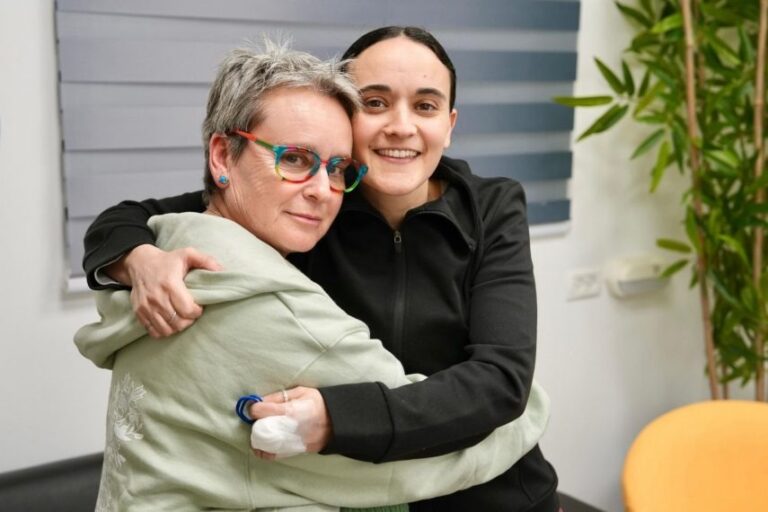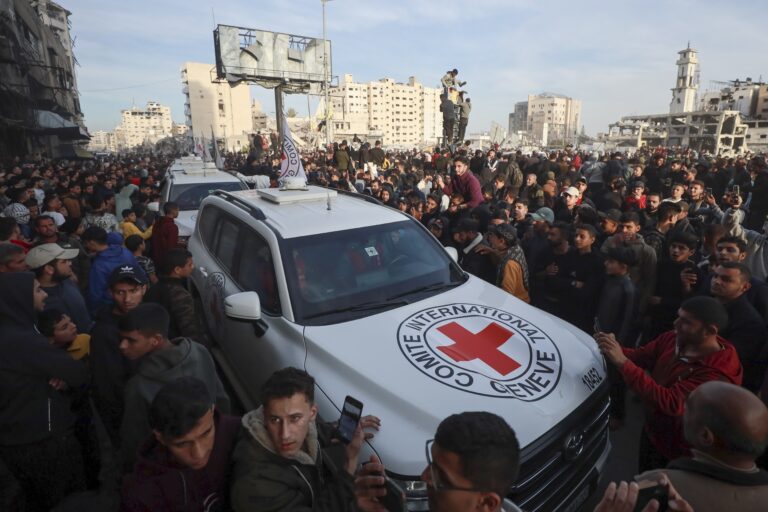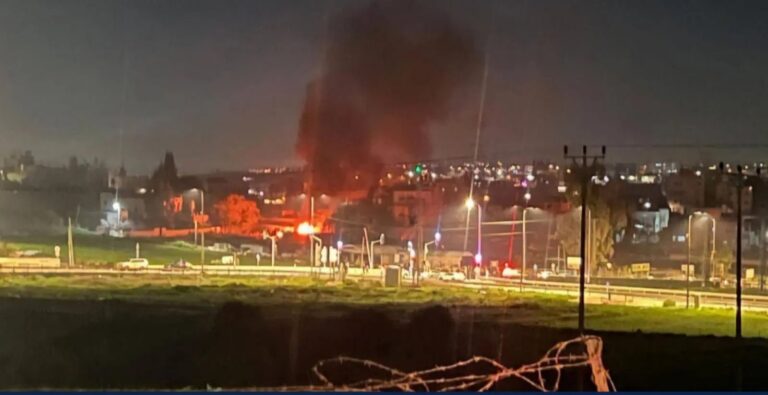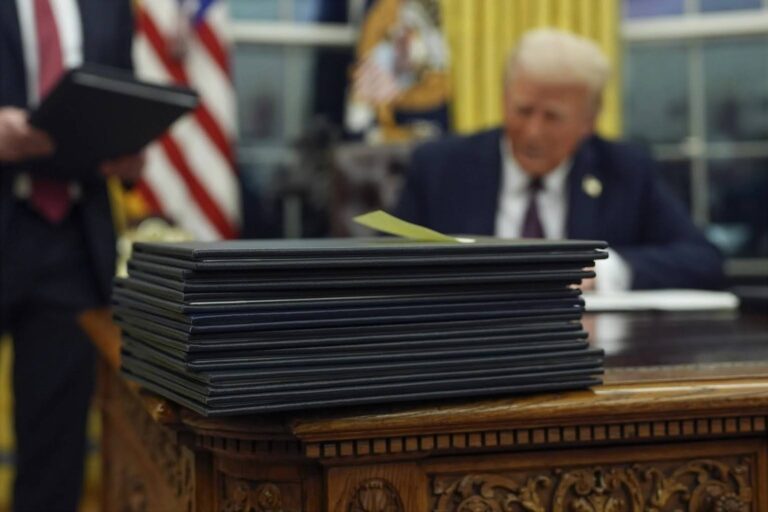 The deadly assaults in Paris could bolster Hillary Rodham Clinton’s image as a potential commander in chief, even as the chaos in the Middle East threatens to undercut the policy record of the Democratic White House front-runner.
The deadly assaults in Paris could bolster Hillary Rodham Clinton’s image as a potential commander in chief, even as the chaos in the Middle East threatens to undercut the policy record of the Democratic White House front-runner.
The attacks that killed 129 people, fueling a fresh wave of anxiety about the threats posed by Islamic State militants, highlight Clinton’s tenure as a former secretary of state and her argument that she is the 2016 candidate most ready to sit in the Oval Office. But in her role as President Barack Obama’s top diplomat, Clinton was deeply involved in crafting the Middle East policy that critics say contributed to the rise of Islamic State extremists.
That dual dynamic played out Saturday night during the second Democratic presidential debate, which began with a moment of silence and 30 minutes of questioning focused exclusively on the attacks and unrest in the Middle East.
Clinton cast herself as a strong leader in a scary world, attributing the chaos in the Middle East not to U.S. policy failures but a decades-long “arc of instability, from North Africa to Afghanistan.” Yet she also grappled with tough criticism of her approach to more than a decade of unrest across the region.
Vermont Sen. Bernie Sanders blamed her 2002 vote for the war in Iraq for the rise of al-Qaida and the Islamic State group, saying the decision to invade “unraveled the region completely.” Former Maryland Gov. Martin O’Malley offered his own condemnation, painting a picture of a world in flames and an Obama-led strategy that’s been “not so very good at anticipating threats.”
“Libya is now a mess. Syria is a mess. Iraq is a mess. Afghanistan is a mess,” he said.
While Clinton has highlighted her differences with the Obama administration on their approach to the civil war in Syria in the past, she now largely declines to criticize his strategy.
After using her opening statement to make the point that the Islamic State group “cannot be contained, it must be defeated”— a dig at Obama’s description of the group as “contained” in an interview a day before the attacks — Clinton was quick to align herself with administration policy.
She passed up opportunities to mention her support for a more aggressive strategy in Syria that includes a no-fly zone, a policy backed by her Republican rivals and opposed by the Obama administration. Disputing a charge the White House repeated the mistakes of the war in Iraq in Libya, she argued the administration had a plan for the ousting of Moammar Gadhafi. And she supported the White House’s argument that the president does not need a formal declaration of war from Congress to go after the Islamic State militants, disagreeing with some prominent congressional Democrats who’ve split with Obama over whether his constitutional powers cover the new conflict.
When asked whether Obama underestimated the threat of Islamic State militants, she dodged the question, saying simply, “what the president has consistently said, which I agree with, is that we will support those who take the fight to ISIS.”
Obama remains a popular figure in the Democratic Party and Clinton’s ability to capture the White House will depend in large part on whether she can win over the coalition of minority, women and young voters that twice catapulted him to victory.
But his foreign policy remains deeply unpopular. An Associated Press-GfK poll released earlier this month found more than 6 in 10 Americans reject his handling of the threat posed by the Islamic State. Republicans are eager to tie Clinton to the legacy of her former boss.
“The president has admitted he does not have a strategy as it relates to ISIS. Hillary Clinton last night said that it’s not our fight,” said former Florida Gov. Jeb Bush in a Sunday morning interview on CNN’s “State of the Union.” ”It is our fight.”
They jumped on her refusal, like Obama, to label the efforts to fight terrorism as a war against “radical Islam,” a rhetorical choice Republicans frequently cite as a sign of weakness.
“That would be like saying we weren’t at war with Nazis, because we were afraid to offend some Germans who may have been members of the Nazi Party but weren’t violent themselves,” said Florida Sen. Marco Rubio said in an interview on ABC’s “This Week.”
Republicans are in for their own reshuffling in the wake of the attack. For months, GOP primary voters have favored outsider candidates with little public policy experience, most notably billionaire businessman Donald Trump and retired neurosurgeon Ben Carson. New worries about future attacks may prompt them to reassess the field.
There’s little question the West will take a more aggressive stance against the Islamic State group, a shift described by White House national security adviser Ben Rhodes as an “intensification of our efforts” and by a stunned French President Francois Hollande as being “unforgiving with the barbarians.”
But a lot remains unknown about the exact diplomatic and military actions Obama, Hollande and their allies will take. What’s clear, though, is that Clinton — and the rest of the presidential field — will have to answer for them.
(AP)











One Response
The increased ISIS activity, while it makes Hillary look more presidential than Bernie, makes her look like a total fool since the events totally discredit a foreign policy she largely shaped. Only someone who believes the Republicans are not seriously contesting the election sees the recent events as helping Clinton.